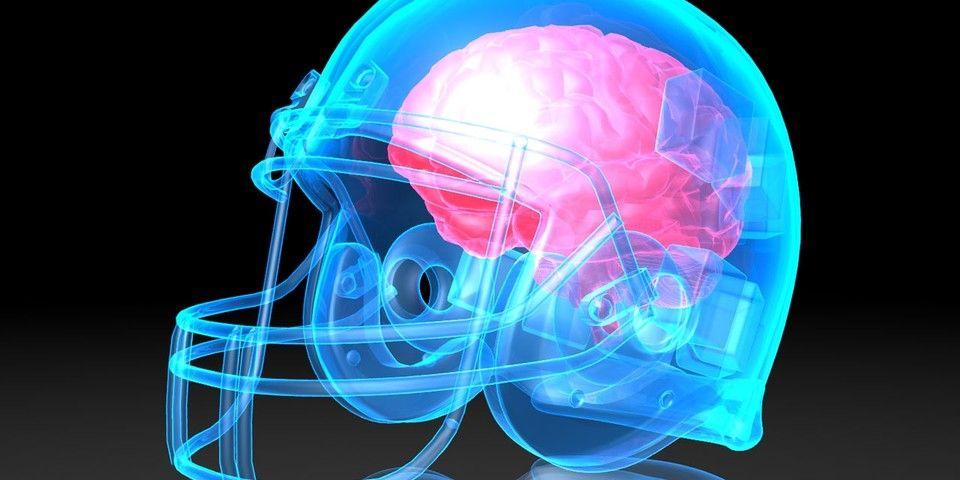Study says CTE may be overdiagnosed in living football players
Former pro football players with symptoms of depression or anxiety are far more likely to receive an unverifiable diagnosis of chronic traumatic encephalopathy (CTE) than players without those mental health conditions, a new study reports.Players with depression are 9.5 times more likely to be diagnosed with CTE, while players with both depression and anxiety are 12 times more likely.
 A recent story from UPI.com detailed the study and the results. Below is an excerpt from the UPI.com story.
A recent story from UPI.com detailed the study and the results. Below is an excerpt from the UPI.com story.
“CTE can only be diagnosed after death,” said lead author Shawn Eagle, a research assistant professor of neurological surgery at the University of Pittsburgh School of Medicine. “It shouldn’t be diagnosed in anyone while they’re living. Being told you have CTE when you’re alive is a problem because there’s no valid test to diagnose CTE in a living person.”
Researchers argue that those players’ doctors are dropping the ball by handing out a CTE diagnosis, because there are effective treatments for the mood disorders that led to the diagnosis.
“Depression, anxiety and sleep apnea produce cognitive symptoms, are treatable conditions, and should be distinguished from neurodegenerative disease,” Eagle said. “CTE is a neurodegenerative disease without available treatments or available diagnosis in a living person.”
CTE is a degenerative brain disease that can be caused by repeated head impacts and concussions. It usually affects athletes who play contact sports, but also has been found in military veterans and others with a history of repeated brain trauma.
Specific brain changes tied to CTE, such as buildup of a protein called tau, can be found during an autopsy. But no specific symptoms have been clearly linked to CTE.
